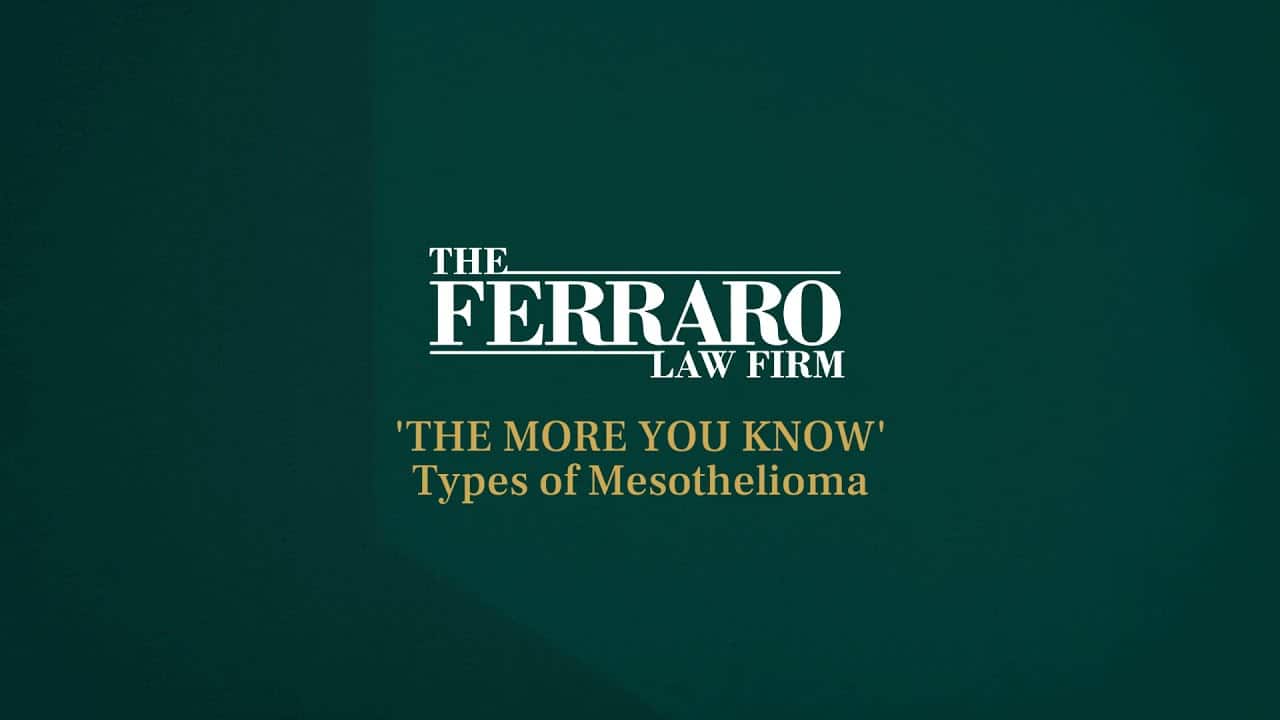If you were seriously injured, remember that it is crucial to choose the right law firm to represent your interests. We have been doing this for more than three decades, and have the resources you need to challenge any opponent.
Circuit Judge Rules Mesothelioma Defendant Does Not Have Autopsy Rights
Defendants in mesothelioma cases may not reserve the right to autopsy a terminally ill plaintiff, a 22nd Judicial Circuit judge ruled recently.

The plaintiff in this case has been diagnosed with mesothelioma, an aggressive form of lung cancer that results from asbestos exposure. He contends the exposure was caused by Reicchold Inc., among other companies.
Defendant attorneys had requested the reserved right to conduct an autopsy on the plaintiff, noting that it was likely he will die before trial. The purpose of the autopsy would have been to show that the company had actually used “safe asbestos” or that there wasn’t actually any asbestos inside the plaintiff’s lungs.
Our mesothelioma lawyers know that this is a tactic that is sure to be employed by other defendants in the future. We hope this Missouri ruling will set a strong precedent for future motions made throughout the country.
The fact is, there is no such thing as “safe asbestos.” Extensive scientific research has concluded that asbestos in any dose can be deadly, though the effects of that exposure are not likely to be revealed for decades. Mesothelioma is a terminal illness for which there is currently no cure.
What’s more, it has been well-established that asbestos exposure causes mesothelioma. Given that this patient has been given a clear diagnosis of mesothelioma, an autopsy isn’t going to reveal anything of legal substance to the court.
The fact that all of this has been repeatedly argued and established in numerous courts of law is clearly not going to stop these large companies from grasping at straws. In the end, to grant an autopsy to the defendant would be an assault on the plaintiff’s dignity, and that of his family, who will be grieving his loss.
Reicchold Inc. had requested that the court allow it to preserve several grams of the plaintiff’s lung tissue for postmortem testing. The judge ruled that even though the defense had couched this as a “biopsy,” the fact that it would be conducted after the patient’s death makes it an autopsy. As such, it becomes entangled in a host of public policy issues with regard to property rights as they pertain to human remains.
Reicchold did not specify to whom the request would actually be directed. The plaintiff? He will be deceased. The family? They don’t yet have possession of and/or property rights to his body, as he is still alive.
And finally, the judge underscored the bigger question: What is the point? Based on the scientific evidence thus far presented by both sides, the judge ruled it was highly unlikely that such a test would have any real probative value to the case.
It’s also important to note that this whole request is distracting in that it attempts to denigrate the real issue at hand. That is, the case centers on the fact that the plaintiff was exposed to asbestos many decades ago. We know that as a result of that exposure, he was diagnosed with mesothelioma. Beyond that, what is actually in his lungs now is legally irrelevant.
Table of Contents
Frequently Asked Questions: Mesothelioma & Asbestos
What is asbestos?
Why is asbestos dangerous?
What are asbestos-related diseases?
What causes mesothelioma?
What are the different types of mesothelioma?
What are common mesothelioma symptoms?
Do I qualify for compensation if I have mesothelioma?
What is the life expectancy for someone with mesothelioma?
Do I qualify for compensation if I have mesothelioma?
Help for mesothelioma victims can be found at The Ferraro Law Firm by calling (888) 554-2030. Offices in Miami, Washington, D.C., and New York City.






